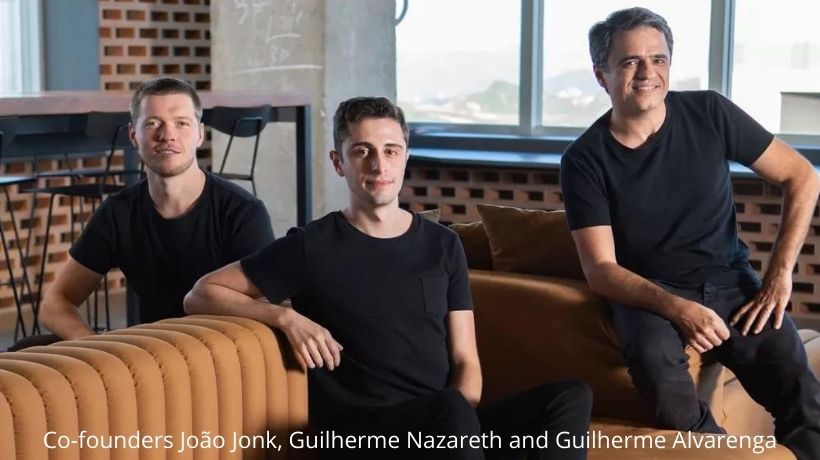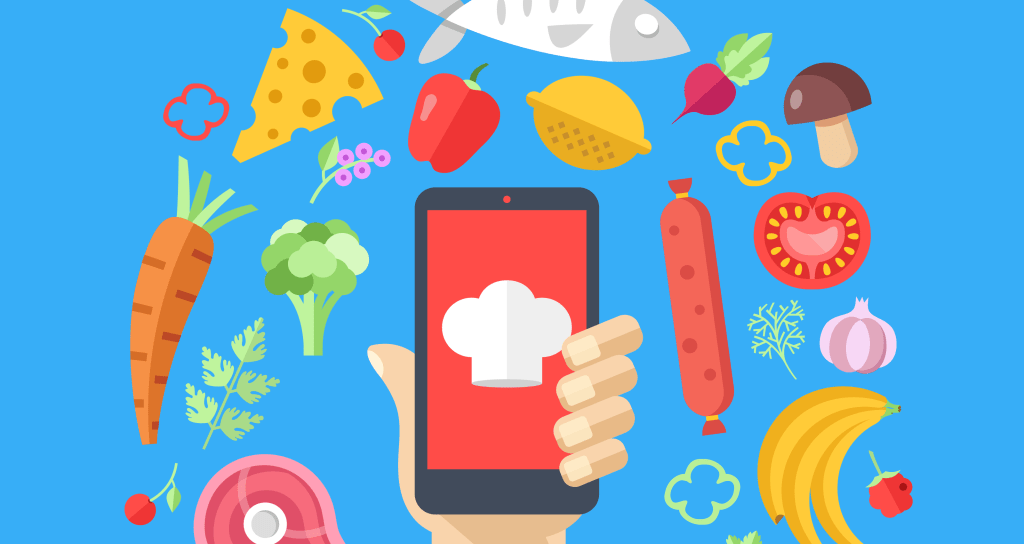Trela
A Healthy Grocer with its own Delivery Platform
Trela is a Brazilian foodtech company that operates an end-to-end digital marketplace connecting food suppliers directly to consumers, focusing on delivering healthy groceries at low prices by enabling group purchasing and eliminating intermediaries.
[8tqfmy]
[ib8bkn]
[eph1pn]
[b4uen4]
The platform allows buyers—often neighbors in condominiums or high-rise buildings—to band together, pool their orders, and benefit from wholesale pricing and logistical efficiencies, with Trela collecting a fee from suppliers for facilitation and delivery.
[8tqfmy]
[ib8bkn]
[eph1pn]
Investors and Funding
Trela has raised significant investment from a mix of Brazilian and international funds:
- Investors include Kaszek Ventures, SoftBank Latin America Fund, [8tqfmy] Y Combinatorr (Winter 2021 batch), [eph1pn] Magma Partners, and Canary. [ib8bkn] [eph1pn] [bsq8de]
Traction and Growth
- Reported an average order value increase of 16% after introducing AI-driven product recommendations and cross-sell features. [b4uen4]
- The company aspires to 80x revenue growth within a single year, reflecting aggressive scaling goals. [8tqfmy]
- User feedback is positive, notably regarding the personalized shopping and delivery experience. [b4uen4]
Unique Position in the Competitive Landscape
Trela stands out due to several core differentiators:
- Group Buying Model: Allows neighbors to leverage collective buying power for better pricing—akin to China's Pinduoduo but adapted to Brazilian urban settings, with a particular focus on deliveries to condos rather than individual homes. [8tqfmy]
- End-to-End Logistics: Unlike typical e-grocery platforms that rely on intermediaries or multiple handoffs, Trela directly coordinates between producers and group buyers, optimizing logistics for larger, consolidated orders delivered to single points (often condo buildings). [8tqfmy] [ib8bkn] [eph1pn]
- Technology-Led Personalization: Investment in AI-powered recommendation systems (e.g., 'Suggestions for you,' 'Similar items,' and 'Complementary items') to drive higher average order values and repeat rates, which is less common among regional foodtech peers. [b4uen4]
[IMAGE 3: Additional supporting visual content](Suggested location: Screenshot of the Trela app homepage with recommendation carousels highlighting fresh, healthy groceries and deals for group buying.)
Competitive Comparison Table
| Feature | Trela | Typical E-Grocery | Social Commerce Giants (Pinduoduo) |
| Group buying | Yes | No | Yes |
| Producer-direct sourcing | Yes | Occasional | Yes |
| Urban condo delivery focus | Yes | No | No |
| AI-driven personalization | Strong focus | Limited | Advanced |
| Fee structure | Supplier-side | Buyer/retailer-side | Supplier-side |
Limitations and Challenges
- The group buying model relies on significant community participation and adoption, which may be geographically limited or require ongoing user engagement. [ib8bkn]
- Traction beyond primary urban centers is still in progress, and scaling logistics for fresh and premium items can be complex. [8tqfmy]
Trela is unique for adapting the high-scale, social commerce–driven group buying model (inspired by China's Pinduoduo) to Brazilian urban environments, with a focus on direct-to-condo delivery, premium product selection, and technology-led personalization—elements that are not offered in combination by other competitors in the Brazilian and broader Latin American foodtech landscape.
[8tqfmy]
[ib8bkn]
[eph1pn]
[b4uen4]


